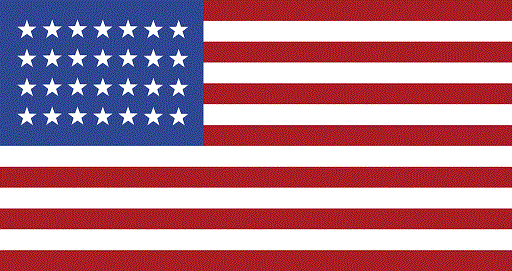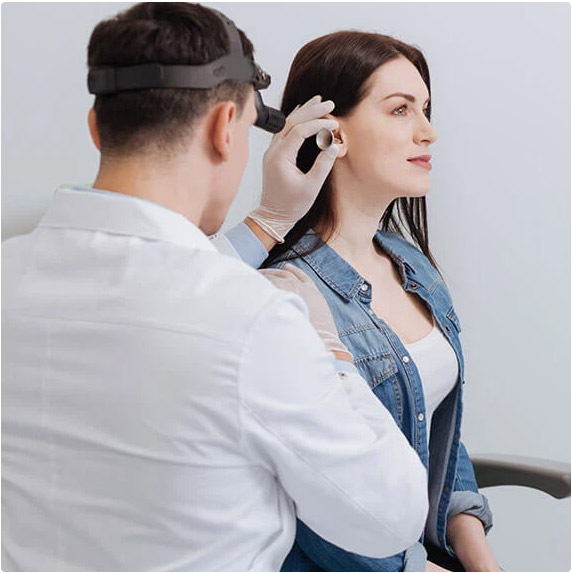- Your cart is empty
- Continue Shopping
What Causes Sanitizer To Not Work Well?
- Continence Care
- Posted on
-
by rafay

Washing your hands is the only way to keep yourself clean, healthy, germ-free. The best practice in this regard is to wash your hands with plain soap and water. However, suppose water or soap is not available. In that case, an alcohol-based hand sanitizer that has at least 60% alcohol is a better option to reduce germs on your hands. The use of sanitizers where water or soap is necessary is what causes sanitizer not to work well.
A recent study showed an expected growth of 126% from 2019-2025 in hand sanitizer demand, while dollar sales regarding hand sanitizers rose by 80.7%. In the previous year, that grew by 58%. These stats indicate the importance and demand of using sanitizers in this pandemic age.
Alcohol vs. Alcohol-free sanitizers
Some sanitizers are alcohol-based such as ethyl alcohol that acts as antiseptic. On the other hand, some alcohol-free sanitizers contain some other antibiotic compounds. Therefore, alcohol-free sanitizers are a better choice when you have both.
Are Hand Sanitizers A Replacement For Handwashing?
Hand sanitizers are an excellent alternative to reduce potential infection through bacteria, viruses, or fungus if soap or water is not available immediately. However, they do not clean physical dirt or mucus. Therefore, they are by no means an alternative to soap or water. It is always advisable not to use a supplement to improve the health that puts you at risk of cancer.
Skin diseases
Raise your hand if you own a sanitizer pack in this pandemic; yes, you are the lucky one because it has become one of the essential safety equipment against viruses. However, if you are using it regularly or overusing it, there is a chance that you may acquire ‘Eczema,’ i.e., hand dermatitis. The usual signs are dryness, cracks, blisters, or redness on the skin that can cause itchiness. Misuse of hand sanitizer is what causes sanitizer not to work well, So, it is advisable not to overdo sanitizer or moisturizer every time you use it. If you have a habit of washing your hand with sanitizer now and then, also make a habit of using a good moisturizer afterward.
Hormonal disorder
A compound called triclosan present in alcohol-free sanitizer can cause the hormonal disorder. Bacteria start to grow in the body and can cause complexities. This same compound can also weaken the human immune system. So, a weak body is more susceptible to allergies than a stronger one.
The Best Way of Applying Sanitizer or Moisturizer
Usually, a moisturizer that contains petroleum or mineral oil can help you prevent hand dermatitis. Apply moisturizer right after you wash your hands. But this is not the case with hand sanitizer.
Step by step procedure to use hand sanitizer after washing hands with water and soap is as follows.
1. Wash your hands on a sink. Make them wet with warm water. Next, apply a little bit of soap. Lather, scrub and then apply a fingernail brush for 20 seconds—Dry your hands with a paper towel.
2. Select a good hand sanitizer that contains at least 60% alcohol.
3. Apply a tiny amount of sanitizer on the palm of your hand.
4. Vigorously rub your hands together for at least 30 seconds, covering both services of your hands. If your hands are dry only after 10-15 seconds, it means not enough sanitizer was applied, so apply some more.
5. Wait for hands to dry before touching any food item.
It is suitable to use cleaning products but do not depend on them entirely for washing or cleaning to protect your house from viruses and bacteria.
When should I use hand sanitizer?
Hand sanitizers should only be used when you don’t have access to a sink or soap. By using sanitizers, you can kill as many germs as you can. Here are few occasions where you must use a good hand sanitizer.
Before and after visiting your relatives or friends in a hospital or a nursing area.
If you are in a place where soap and water are not readily available, you can use a hand sanitizer but wash your hands as soon as you get to the facility.
If your hands are dirty and greasy, for example, after fixing your car, washing your bike, gardening, fishing, or camping, DO NOT clean your hands with sanitizer. Instead, go for water and soap.
After coughing, sneezing, blowing your nose, you must wash your hands with water immediately.
When should I use soap and water?
Before, during, and after working in the kitchen
Before and after having a meal
Before and after serving someone sick with diarrhea or vomiting.
Before and after treating a wound or cut.
After using the toilet
After changing baby’s diapers or cleaning a child who has just used the bathroom.
After touching animal feed or animal waste.
After using a dust bin or touching garbage.
Why should I use hand sanitizers?
There is no evidence that alcohol-based hand sanitizers or other disinfectants are harmful. Yes, theoretically, they could lead to antimicrobial resistance. That is why most people argue that why they do not use hand sanitizer. Such conceptions make people use these products the wrong way. Eventually, this is what causes hand sanitizer not to work well. Until today, no such case discovered that developed resistance to alcohol-based sanitizer likewise, while no study shows that hand sanitizers work better than soaps.
Conclusion
Washing hands with soap and water is the only practical way of keeping yourself from the spread of viruses and bacteria – the significant causes of illness nowadays. However, although you can use alcohol-based hand sanitizers for cleaning hands, they are not at all replacements for soap and water. Furthermore, because hand sanitizers do not remove all germs, they are not as effective as soap when there is visible dirt on the hands. So, keeping in mind the above discussion, one must use sanitizer using following the proper method; in this way, no one would wonder what causes sanitizer not to work well. In addition, sanitizers cannot remove grease or harmful chemicals.










